info@vivavel.com
+919818262686
+919818262686
 info@vivavel.com
info@vivavel.com +919818262686
+919818262686Angioplasty is a minimally invasive technique used to open coronary arteries that are constricted or obstructed. A catheter attached to a balloon is introduced into the artery and guided to the blockage. The balloon is then inflated to widen the artery and increase the heart's blood flow. To keep the artery open, a tiny mesh tube is frequently inserted. In addition to lowering the chance of a heart attack, this surgery can improve symptoms of coronary artery disease, such as chest pain.
 Some common symptoms that you may notice after undergoing coronary angioplasty :
Some common symptoms that you may notice after undergoing coronary angioplasty :


Coronary angioplasty is done to treat:
The obstructed cardiac tissues are primarily re-eligible without damage and impede adequate blood circulation.
 You will need care for the following reasons after undergoing coronary angioplasty:
You will need care for the following reasons after undergoing coronary angioplasty:
Taking these actions can help prevent heart disease and support better recovery.
 Following Diagnostic Tests can be performed for Angioplasty:
Following Diagnostic Tests can be performed for Angioplasty:
These tests help doctors decide if angioplasty is needed to open blocked arteries and improve blood flow.
 Do's
Do's
 Don'ts
Don'ts
Disclaimer:
Our medical content authors have diligently gathered and synthesized information on this topic to offer valuable insights to our readers. Drawing from a range of reputable medical journals and health resources, this content aims to enhance understanding of the subject. It's important to remember that while this information is informative, it should not replace personalized consultation or treatment from a qualified physician. For further details, please refer to our Editorial Policy.
For this topic, our authors used some of the following resources:





![]() Okhla road, Sukhdev Vihar Metro Station New Delhi, 110025
Okhla road, Sukhdev Vihar Metro Station New Delhi, 110025
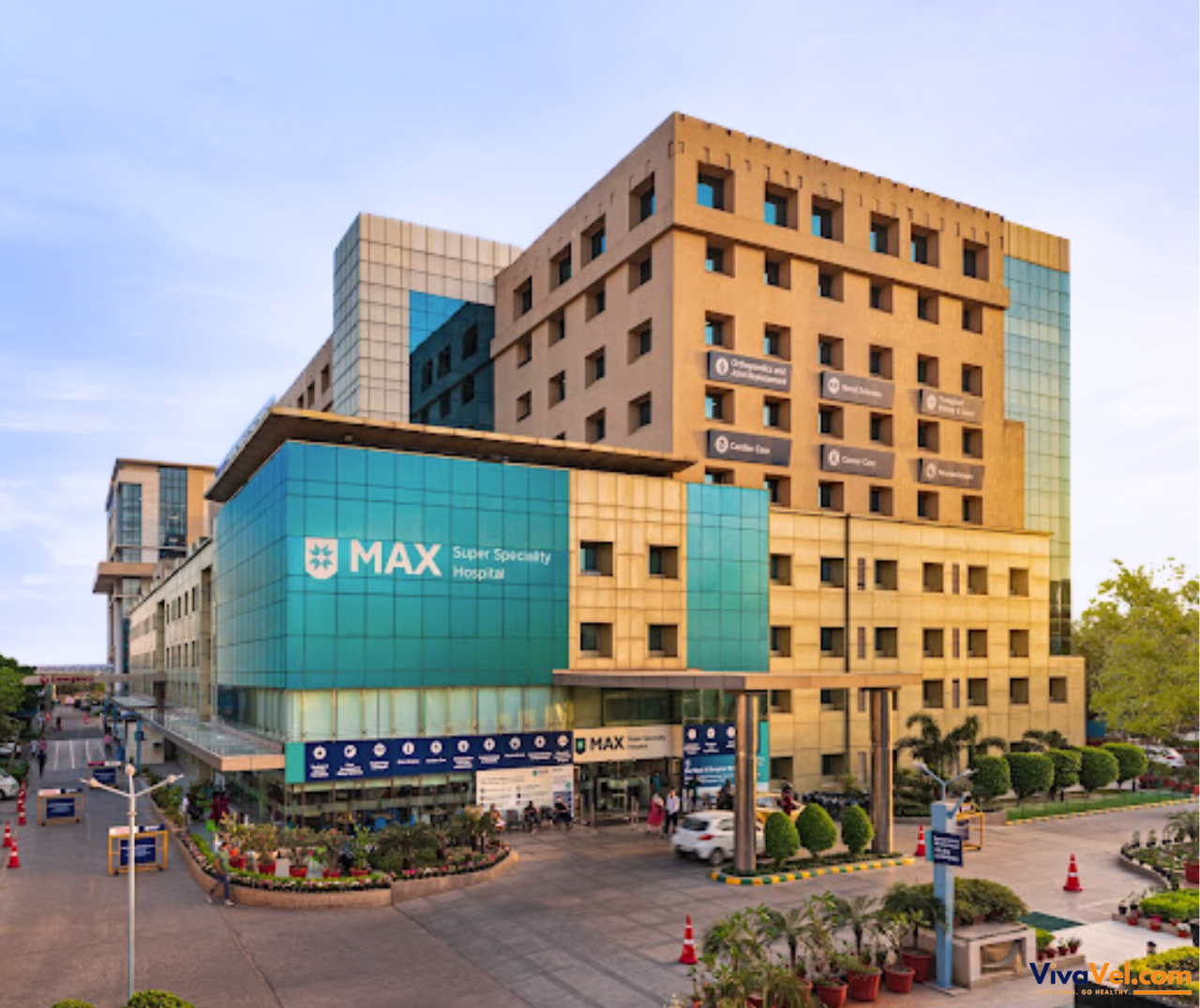


![]() Near Radisson Blu Hotel, Sector 1, Vaishali Ghaziabad, 201012 India
Near Radisson Blu Hotel, Sector 1, Vaishali Ghaziabad, 201012 India




![]() Pusa Road, Radha Soami Satsang, Rajendra Place New Delhi, 110005 India
Pusa Road, Radha Soami Satsang, Rajendra Place New Delhi, 110005 India



![]() Budena Village, Sector 86, Faridabad, Haryana 121002, India
Budena Village, Sector 86, Faridabad, Haryana 121002, India

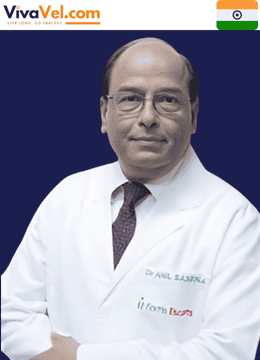
Dr. Anil Saxena is an Executive Director in the Department of Electrophysiology & Cardiac Pacing at Fortis Escorts Heart Institute. He is recognized for his exper...
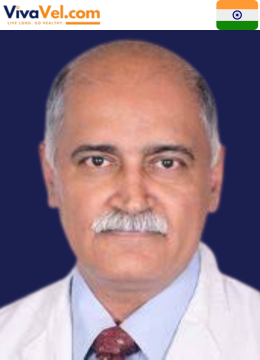
Dr. Kulbhushan S. Dagar is a highly experienced cardiac surgeon with over 21 years in the field. For the past 15 years, he has specialized in caring for infants and c...
C.P.Roy.png)
Dr. (Col.) C.P. Roy VSM is an accomplished heart specialist with over 30 years of experience in the Indian Armed Forces and leading medical institutions. He has held ...
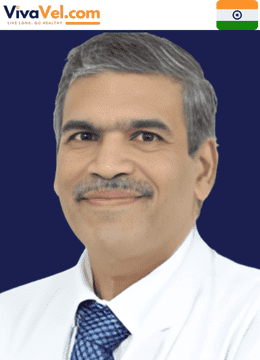
Dr. Ripen Gupta is a highly respected cardiologist at Max Hospital in Saket, New Delhi. With over 25 years of experience in interventional cardiology, Dr. Gupta speci...
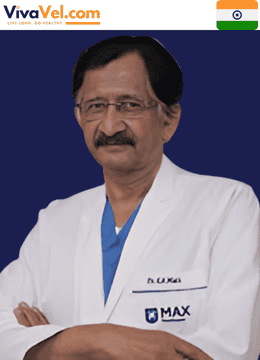
Dr. Ganesh Kumar Mani is a distinguished and highly experienced cardiac surgeon at Max Super Speciality Hospital, Saket, New Delhi. Dr. Mani is one of India's mos...
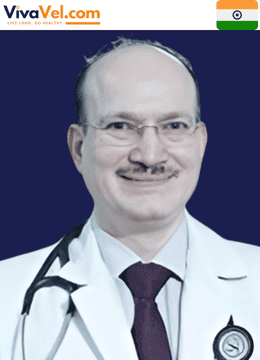
Dr. Rishi Gupta is a renowned name in cardiology and is considered among the best cardiologists in Faridabad, India. He specializes in Angioplasty and coronary A...
Treatment Plan & Cost within 2 days
